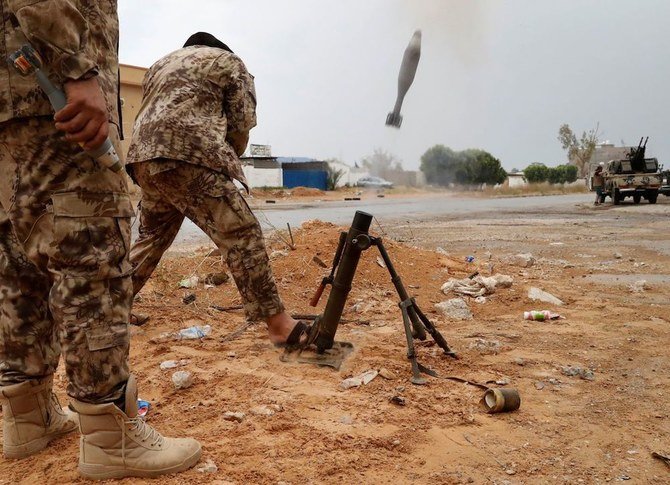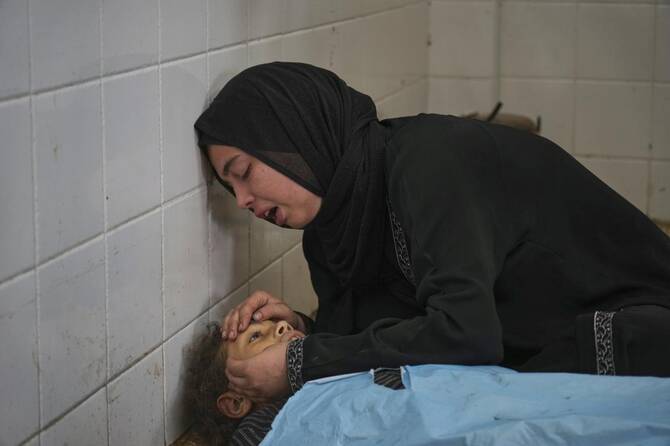Ephrem Kossaify
NEW YORK: Human rights abuses committed by foreign mercenaries and private contractors in Libya must be investigated and the perpetrators held accountable, UN experts said on Friday.
The departure of foreign fighters from the country is a “vital precondition” for the peaceful staging of elections scheduled for December, they added.
The UN estimates there are more than 20,000 foreign fighters seeking to profit from the conflict in Libya, the majority of them from Syria, Turkey, Chad and Sudan.
The members of the UN Security Council have agreed that they must be repatriated. However two of the council’s permanent members, the US and UK, accuse another, Russia, of being responsible for some of the foreign fighters. In particular they point to the Wagner Group, a Kremlin-backed private-security firm that UN experts say is involved in the fighting in Libya.
Moscow has repeatedly denied any role on the country’s battlefields. Jelena Aparac, chair of the UN working group on the use of mercenaries, said that well-armed private contractors from Russia, Syria, Sudan and Chad threaten the security and stability not only of Libya but also other countries in the region.
“Nine months after the ceasefire agreement calling for withdrawal of foreign forces and mercenaries from Libya, mercenaries and private military and security contractors continue to operate in the country,” she said.
“Their continued recruitment and presence in Libya impedes progress in the peace process and constitutes an obstacle for the upcoming elections.”
The working group’s experts said these mercenaries must leave the country immediately and “there must be an immediate end to the transfer of military weapons and materiel into Libya.”
Aparac appealed to the international community “to take concrete steps” to move the repatriation process forward.
During the UN-facilitated Libyan Political Dialogue Forum, representatives of both sides in the conflict agreed a road map to “credible, inclusive and democratic national elections” that are due to take place on Dec. 24 this year.
If foreign fighters remain in the country at that time, Libyans will not be able to vote in a safe and secure environment, Aparac warned.
Her working group concluded more than a year ago that a reliance on mercenaries since 2019 contributed to the escalation of the conflict in Libya, undermined the peace process, and constituted a breach of the Security Council’s arms embargo on the country. Since then, the experts have repeatedly urged governments to investigate all allegations of violations of human rights and humanitarian law.
“A year on, and looking forward to elections, we remain concerned that any political process aiming to establish sustainable peace has to include a genuine commitment to human rights,” the experts said on Friday.
“There must be real accountability for abuses committed by mercenaries, mercenary-related actors, and private contractors.”
Working groups and special rapporteurs are part of what is known as the special procedures of the UN Human Rights Council. They are independent experts and work on a voluntary basis. They are not members of UN staff and are not paid for their work.






















